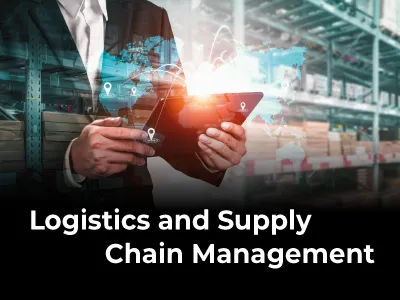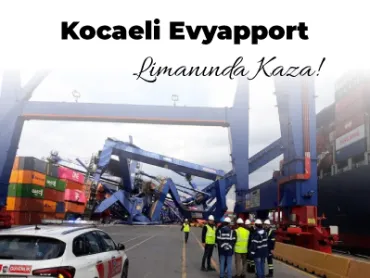
The supply chain and logistics network is one of the critical points in trade. To describe it briefly, It is the whole of the systems of organizations, people, technologies, activities, and resources that cover the entire product or service process from the supplier to the customer and are involved in this process. Logistics is one of the primary purposes of the supply chain. Logistics is the management of the operations of obtaining, transporting, and storing resources from manufacturers to customers. Although many people equate supply chain and logistics, logistics is just one component of the supply chain.
Critical Differences Between Logistics and Supply Chain
- While logistics is a narrower concept related only to maintenance and storage, supply chain is a concept with an expanded scope that expresses the connection of manufacturers with consumers.
- While the basic meaning of logistics has already changed, a supply chain is a modernized version.
What are the Stages of Supply Chain Management in Logistics?
Supply chain management is a field in which companies manage and improve the various interconnected flows around an organization. In this system that strategically coordinates supply chains, it is crucial to establish a good relationship with all partners inside and outside the chain. Although global supply chain management is carried out in international logistics, it must go through certain stages, and all stages of this management system must proceed correctly. Briefly, the steps of supply chain management are as follows;
- Making plans
- Source determination (purchasing)
- To supply (production)
- To deliver (distribution)
- Return
What are the Purposes of Supply Chain Management in Logistics?
The sole component of the logistics industry is supply chain management. This system is divided into two parts: internal supply and external supply chain, with some differences. All processes, such as sale and purchase, production, and storage of goods, are aimed at the internal affairs of a company. Supply chain management can be applied to both company environments. However, whether internal or external, supply chain management objectives are generally standard and necessary for the company's development. The primary purposes of supply chain management and the advantages it will provide you can be briefly listed as follows;
- Inventory costs and product loss are kept as low as possible.
- The supply company from which the raw material will be supplied is reliable.
- The reputation and recognition of companies increases.
- Management expenses are reduced.
- Service quality increases as a result of arranging services following specific standards.
- With supply chain management, production stages occur routinely. Therefore, uninterrupted service, material, and information flow is ensured.
- The goods and services purchased are available at low cost.
- Losses and accidents in stocks are prevented.
- The competitive opportunities of manufacturing companies or businesses in the market expand.
Supply Chain Components
In general, we can examine these components, which cover a wide range of areas in trade and production, under three headings. These;
- Service Providers: They play a role in all stages, from the first stage of production to delivering the produced goods to the customer. Being an expert in a service provider's field allows companies to grow by increasing their profit margins. Service providers may consist of individuals or groups of people specializing in a particular area.
- Resources: Resources that can be divided into human resources, public relations, production resources, and supply resources are also actively involved in the supply chain.
- Activity Providers: Trade runs much more smoothly thanks to resource providers who control commercial and transportation transactions and production processes.
There are some key points to consider when performing supply chain management in the logistics industry. The most important of these is determining a planned and realistic working style and continuing with reliable business partners because caring about consumers as much as producers is the best step to increase your potential workforce. UNSPED Customs Consultancy and UNSPED GLOBAL LOGISTICS, which will provide the right collaborations for you on this path, will deliver your goods to their destination quickly and reliably with their entire service network.
 Back
Back







